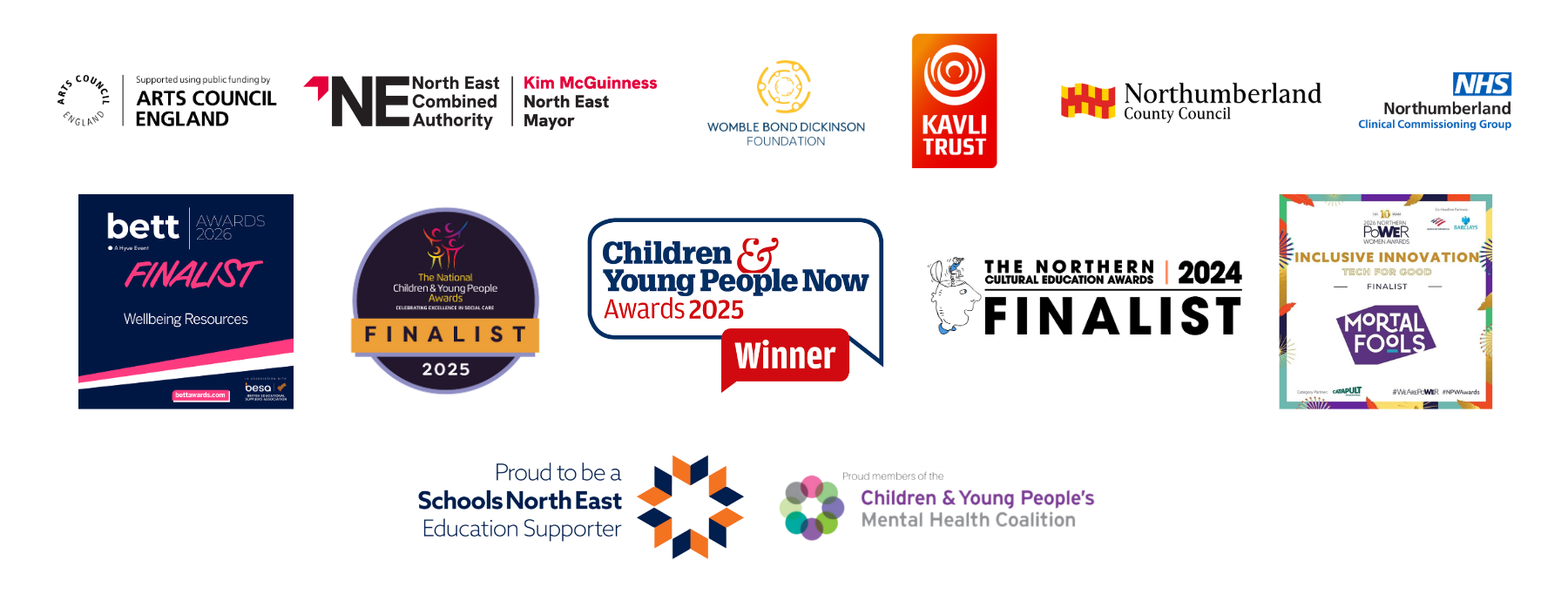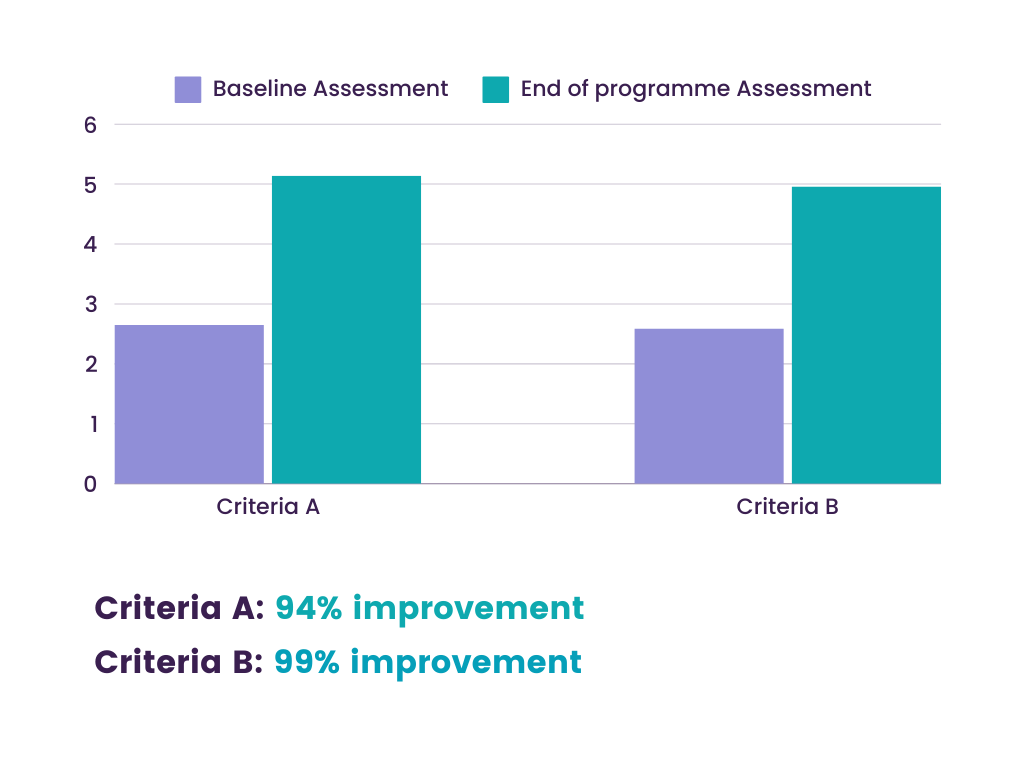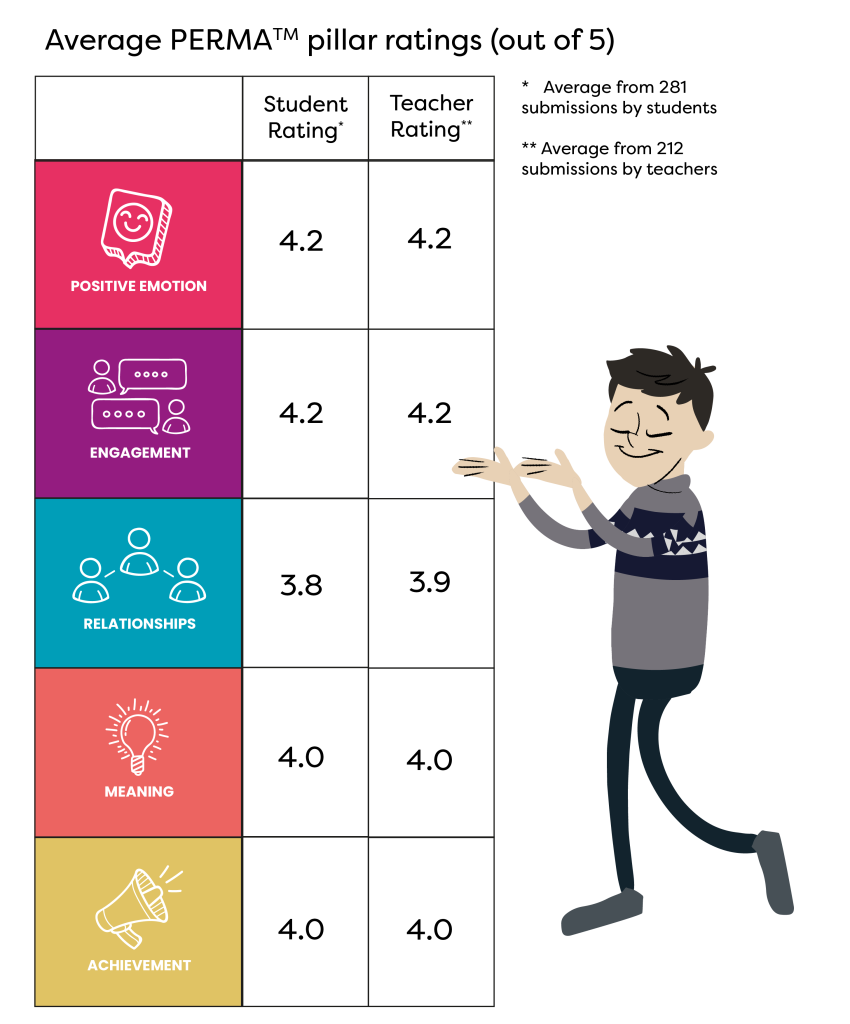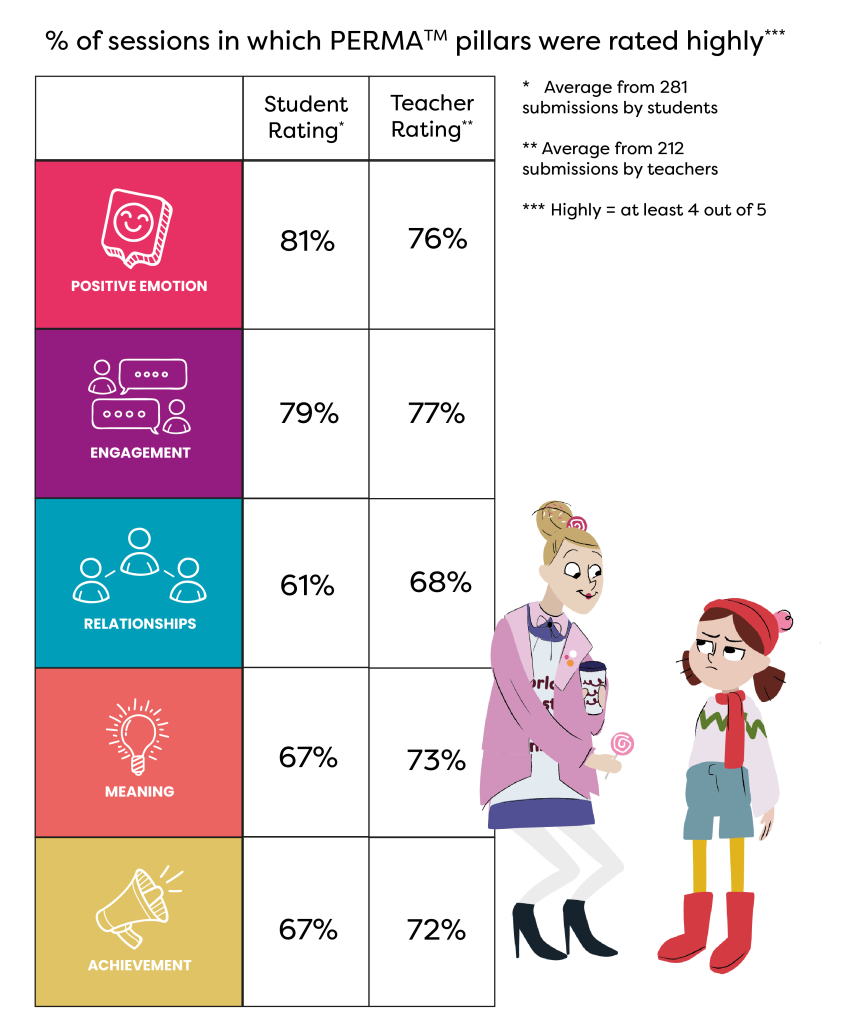Large Scale Melva Commissions
How we’ve worked with Local Authorities and other commissioners to make Melva available to schools at scale.
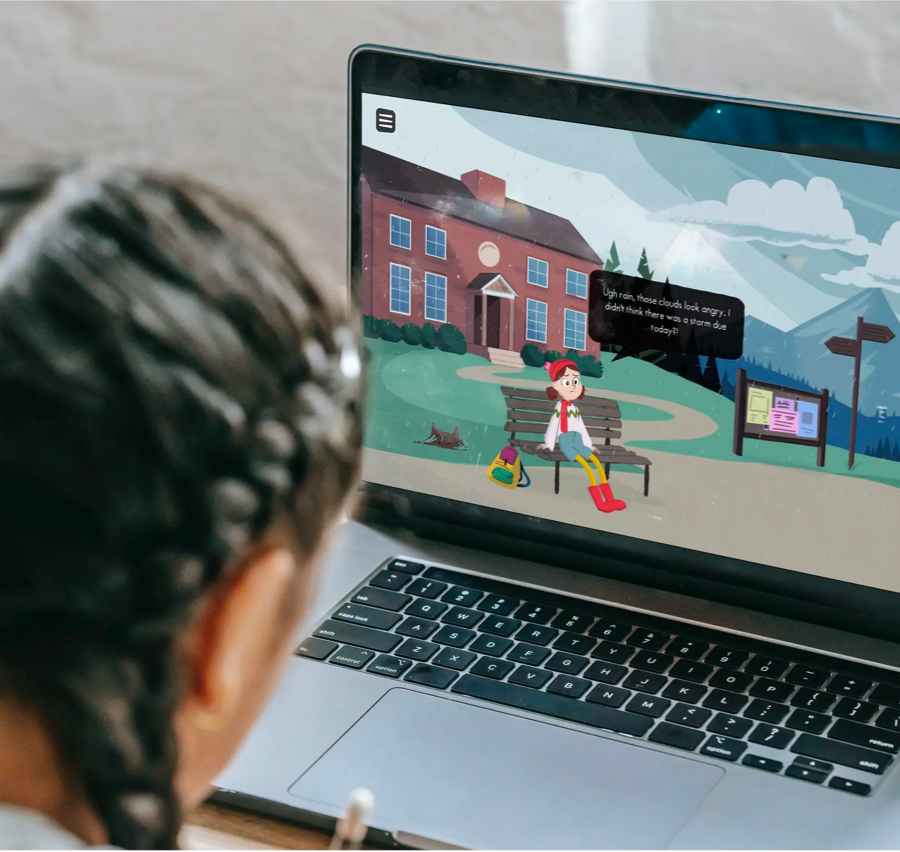
What difference can a large-scale Melva Commission make?
There is a children’s wellbeing crisis in the UK, with Public Health England stating that at least 1 in 5 children aged 7-16 have a diagnosable mental health condition. That’s an average of 6 children per classroom.
We urgently need new, accessible, multi-agency approaches to tackling this crisis. Working with local authorities, business supporters, and other commissioners enables us to provide this essential resource to more schools and children than we could ever achieve by ourselves.
MELVA is a proven, fun, and impactful way for teachers to work with whole classes, addressing wellbeing issues before children reach crisis point and reducing referrals to over-stretched statutory services. It is facilitated through creative and practical activities, with an emphasis on learning by doing, and the resources and evaluation tools are rooted in ratified and recognised wellbeing research, such as the PERMATM framework and the NHS 5 steps to wellbeing.
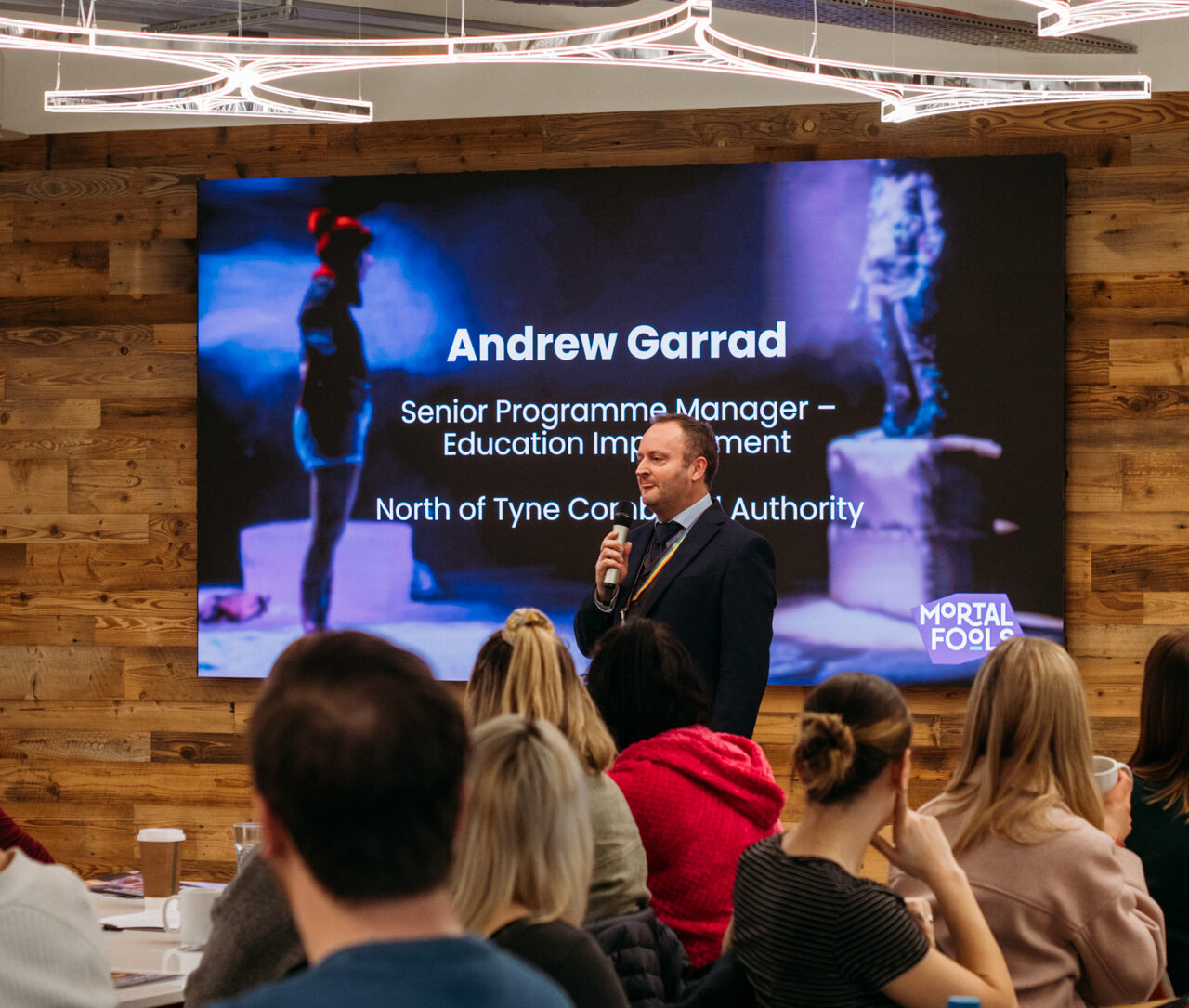
Feedback from Commissioners:
“Addressing the rising social, emotional and mental health needs in North East schools is a key priority for our North East CA Education Improvement programme. Investing in the MELVA programme is providing support which equips students with resilience and coping skills that will benefit them throughout their lives.
MELVA creates an environment that prioritises emotional well-being and fosters a positive and inclusive atmosphere that benefits all students, regardless of their identified SEMH needs. The feedback we have received from schools, Trusts and local authority school improvement teams has been phenomenal.”
Andrew Garrad, Senior Programme Manager
Public Service Innovation Education Improvement – North East Combined Authority
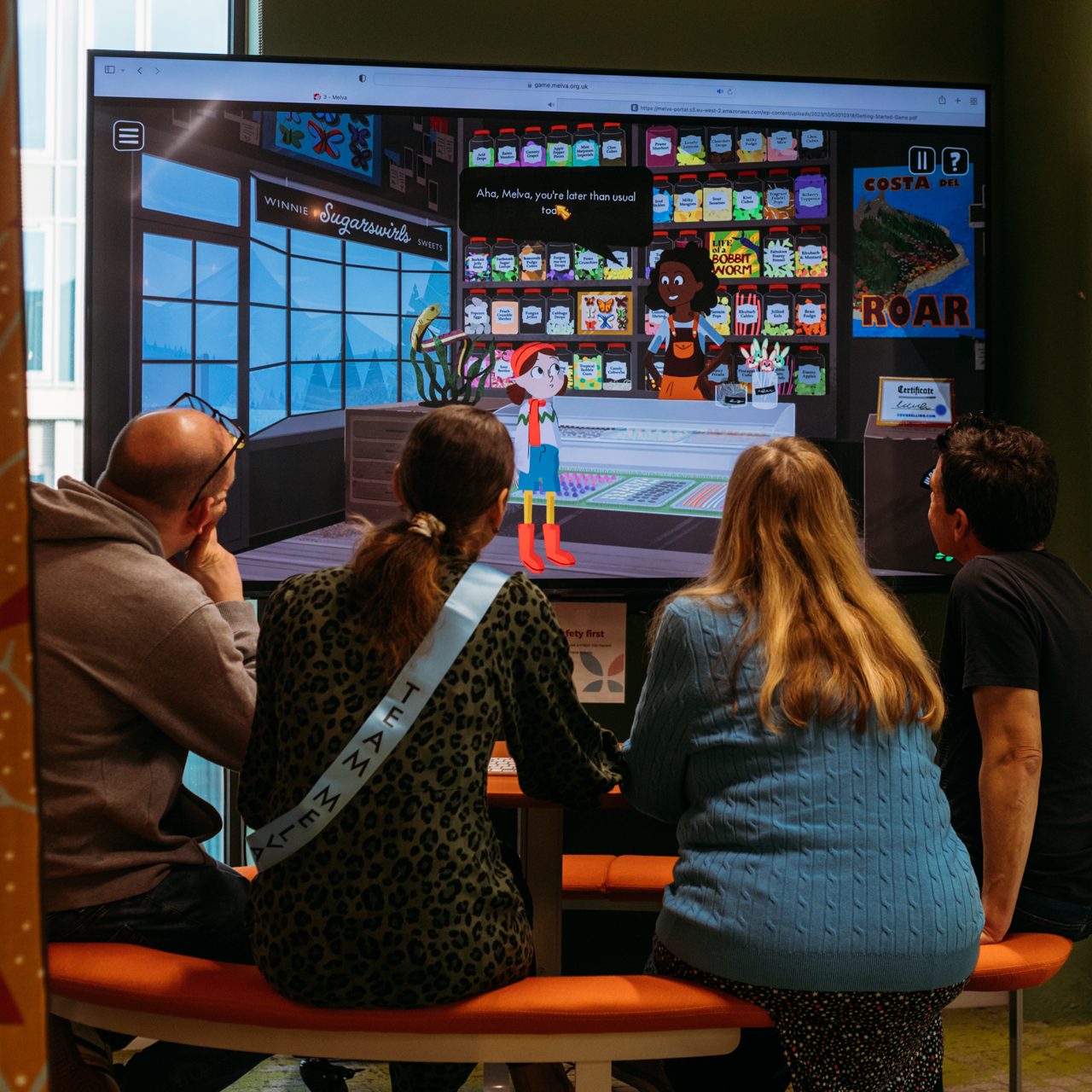
How a commissioner relationship can work:
This is an example of how we worked with the North of Tyne Combined Authority (NTCA) to make the Melva programme available to over 3,000 children in Northumberland, Newcastle and North Tyneside for free:
- NTCA awarded us £32,000 in academic year 23/24 (following a procurement process)
- This covered the cost of approximately 50Melva licences
- Schools in the relevant local authority were invited to apply for one of these funded licences via a simple expression of interest form
- NTCA supported with school recruitment by sharing the funding offer in their networks, and we worked together on a local press release
- The Melva Team managed the sign up process for schools from start to finish – reviewing their expression of interest forms, making the licence offer, and getting them signed up to the relevant training events and digital sessions
- Each school received access to the full Melva programme for free until the end of that academic year
- At the end of the academic year, we provided NTCA with a simple summary report highlighting the impact of this funding
- Now, in academic year 24/25, this funding has been increased to £116,000 from North East Combined Authority, and we expect to reach over 10,000 children and over 100 schools.
Scroll down to see what this funding helped us achieve…
What we achieved through this commission in academic year 2023/24:
3,000+
the number of children participating in Melva within the North of Tyne Area
850+
the number of sessions delivered in school
50+
the number of teachers taking part in CPD
+70%
the increase in our school reach compared to the previous academic year
100+
the number of school registered to use Melva in academic year 24/25
10,000+
the number of children who will participate in academic year 24/25
Proving Our Impact Through Evaluation Data
Our increased school reach led to an increase in evaluation data received; all of which demonstrated a clear and evidenced improvement in children’s knowledge and understanding of mental health and wellbeing topics and self-management strategies.
Pre and Post Assessments:
Students completed a short assessment activity before and after taking part in the Melva programme. Teachers then rated their responses across two main criteria, from 1-6 (1 being very poor, 6 being very strong):
- Criteria A: Depth and breadth of their understanding of mental health and wellbeing topics
- Criteria B: Depth and breadth of their knowledge of practical tools and techniques to manage and maintain their mental health and wellbeing
At the end of the programme, the average improvement across all schools (based on sample data from approx 10% of our user base), was between 90-100%
- Criteria A: 2.65 increased to 5.14 (+94%)
- Criteria B: 2.59 increased to 4.96 (+99%)
End of Session Feedback:
At the end of each session, teachers and students are asked to complete two simple forms which help us to:
- a. gather feedback about that session, and
b. rate the levels of wellbeing present during the Melva sessions using a framework called PERMATM
The PERMATM framework is a model developed by Dr Martin Seligman and the studies in Positive Psychology to represent the presence of wellbeing. PERMATM is an acronym of five building blocks for wellbeing: Positive Emotion, Engagement, Relationships, Meaning, and Achievement. By tracking and rating the presence of these building blocks throughout the sessions, we can demonstrate that taking part in Melva is providing a positive experience for the young people taking part.
Data received from 25 schools (approx 50% of user base) shows us, on average, in what percentage of sessions each PERMATM building block was rated highly (at least 4 out of 5).
Sample of Evaluation Data
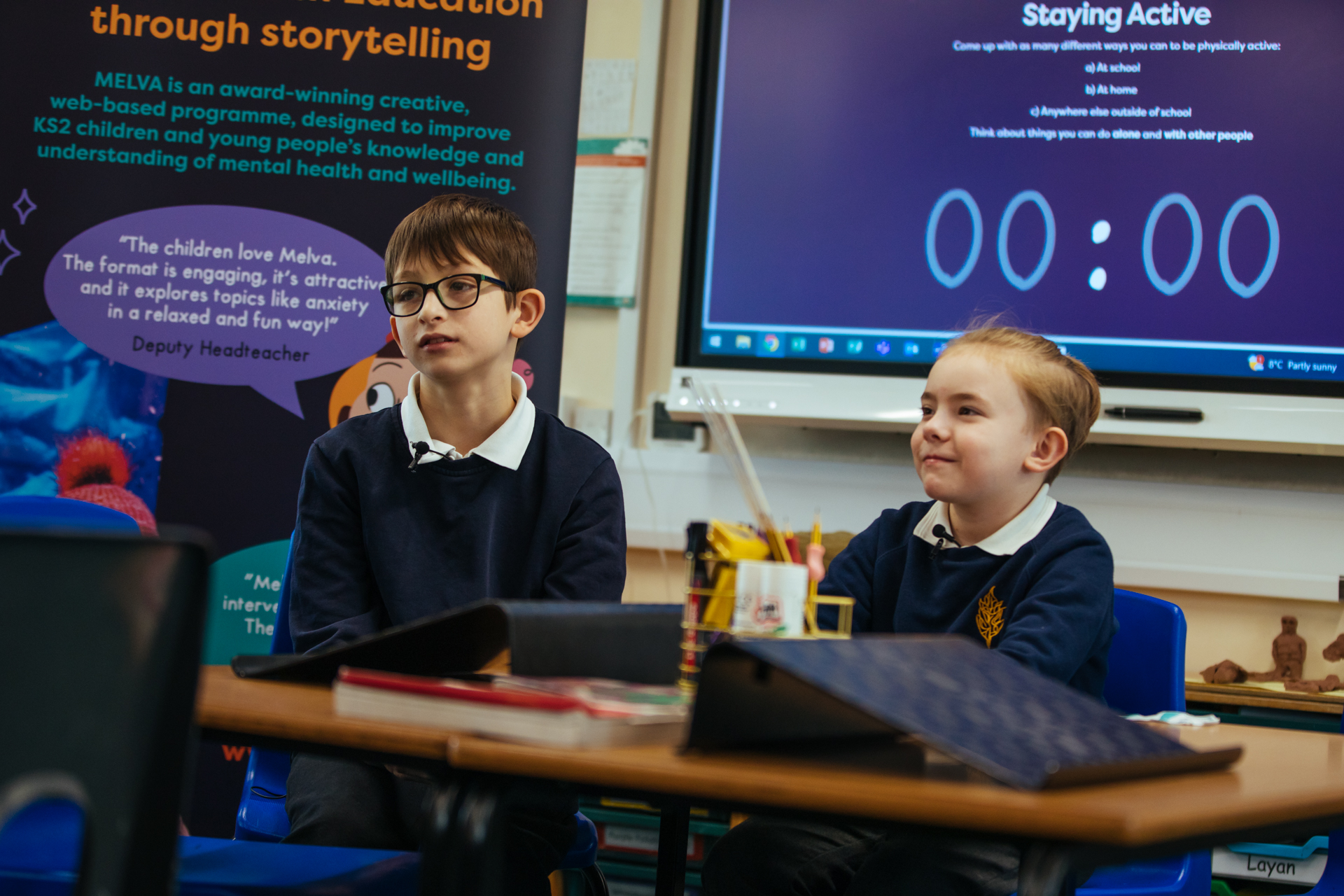
Interested in helping us make Melva available at scale in your area?
Email the Melva Team today at melva@mortalfools.org.uk to arrange a meeting and find out more.
Funded and supported by:
